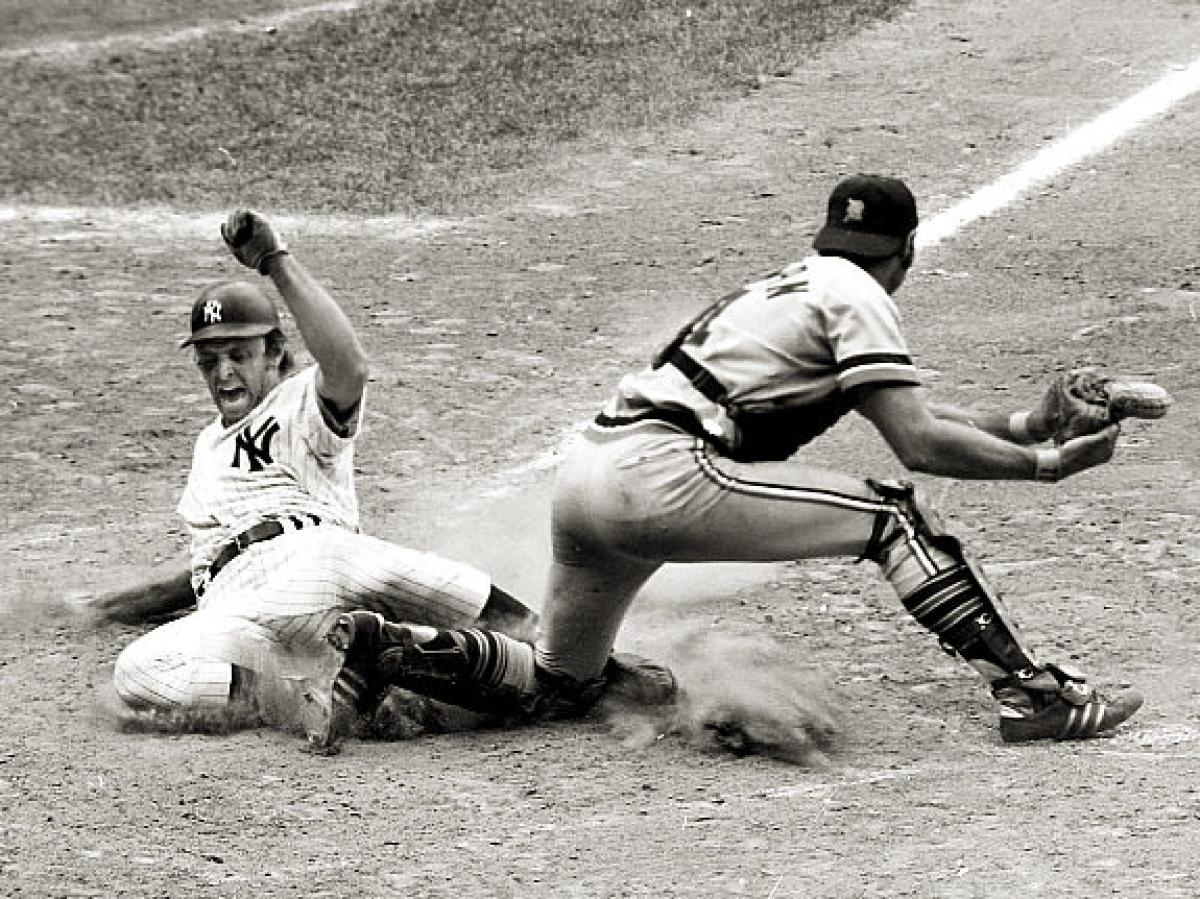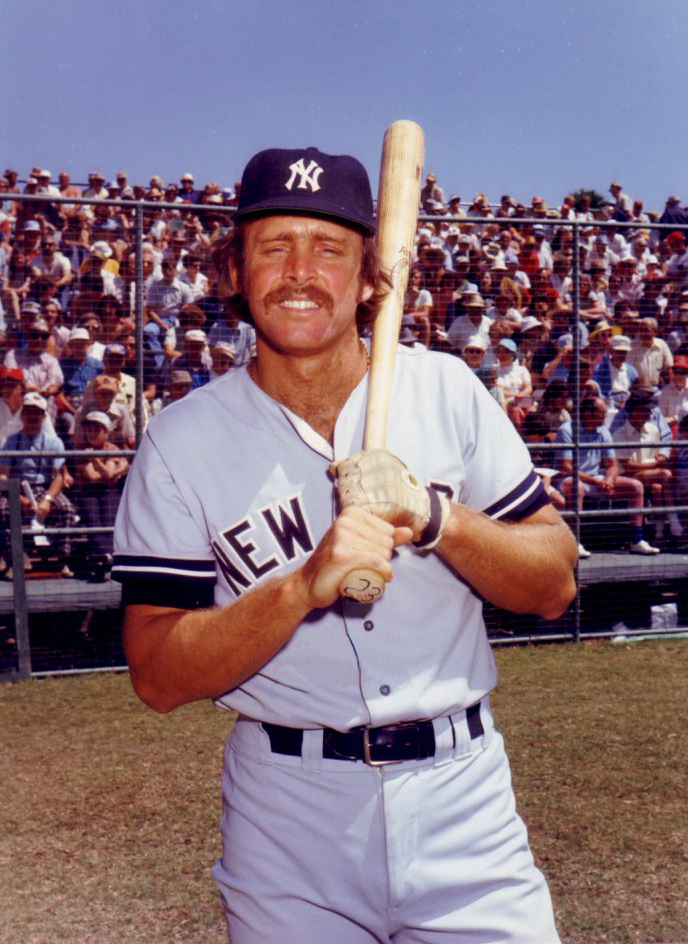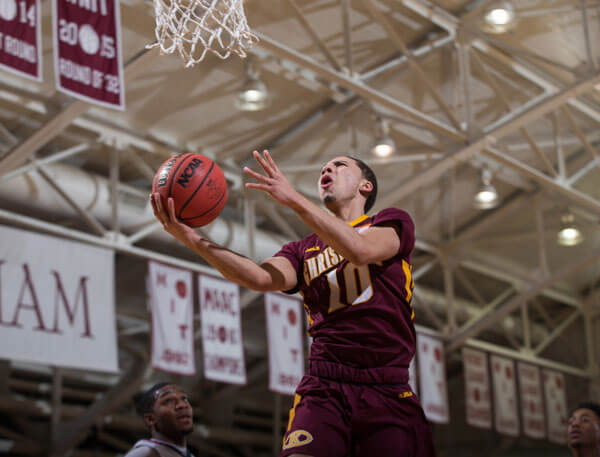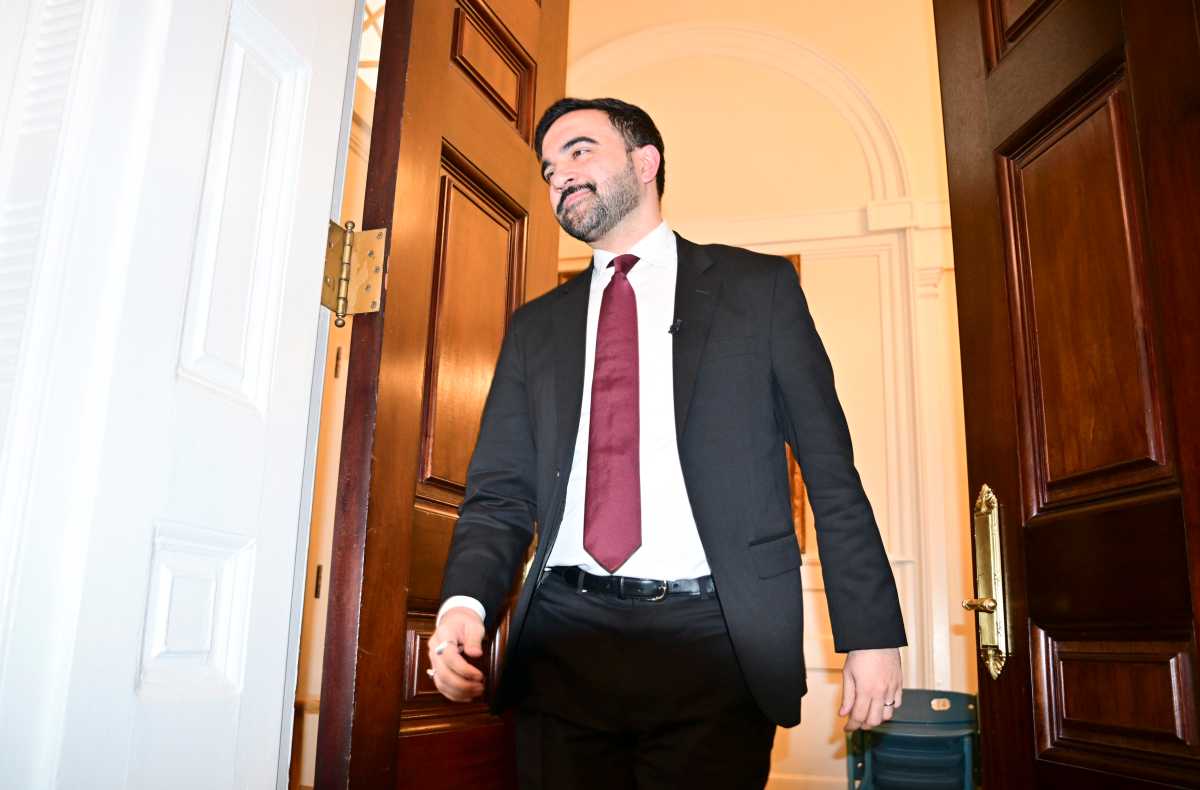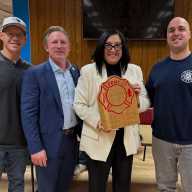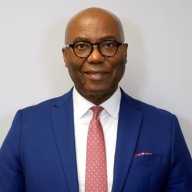On April 6, 1973, New York Yankee Ron Blomberg made baseball history, when he came to bat for his first plate appearance in a game against the Red Sox at Fenway Park in Boston. The bases were loaded and Red Sox ace Luis Tiant subsequently walked Blomberg, forcing in a run for the Bronx Bombers.
But it wasn’t the fact that he drew a walk or garnered an RBI which proved historic. How Blomberg fared against Tiant was inconsequential. It was the simple act of his stepping up to the plate, which guaranteed Blomberg an honorary place in the annals of America’s pastime, for it was the first time in the history of the game that a player went to bat as a designated hitter (DH).
The controversial concept of creating a purely-hitting position in lieu of a pitcher going up to bat goes back to the mid-1900s, when legendary Philadelphia Athletics manager Connie Mack first proposed the idea. But it wasn’t until that fateful day in 1973 the concept became a reality.
“DH was a glorified pinch hitter,” Blomberg said of the position in an exclusive interview with the North Shore Towers Courier, a sister publication of QNS. “It has changed the game of baseball 360 degrees.”
In an age when interleague play is a part of the daily schedule, and the World Series has arguably lost some of its grandeur because of it, the DH position is basically the sole difference between the American and National Leagues. Fans either love it or hate it, but according to Blomberg, the players are decidedly on one side of the argument: “All the players love it. If your career is over, but you can still hit, you can sign for a few more years.”
Which is exactly what happened to Blomberg on the day he made baseball history. He’d been battling hamstring problems and was slotted for a half-day as the No. 6 hitter when his teammates loaded the bases with two outs, forcing him to the plate. Blomberg’s walk was the first of his 57 RBI (runs-batted-in) in what would become a career season, hitting .329 with 12 homers to accompany those runs. Continual injuries hampered him to a mere 186 more games over the next five seasons before he retired. But if not for his emergence as the League’s first DH, he would never had gotten as far as he did and quite possibly had never have come to the plate on that historic day.
In fact, Blomberg himself was certain the episode would quickly fizzle and be nothing more than a footnote in baseball lore and he wasn’t alone. The American League may have adopted the position, but ownership didn’t treat DHs as if it were an elite position.
“It’s now the highest paid position in baseball,” Blomberg said, noting the astronomical salaries the DH now commands. But the former Yankee slugger is not bitter and does not feel the mega-contracts have hurt the game. “The game of baseball is still the game of baseball. I hold no grudges. I would never take away those years or my time with my teammates—who are brothers of mine—and trade them for today.”
Regardless of your place of birth, if you grew up in the 1950s chances are you were a fan of the Yankees, and the Atlanta-born Blomberg was no exception. From 1948, the year of his birth, to 1962, The Bronx Bombers won 10 World Series titles and 12 American League pennants, led by the likes of pitcher Whitey Ford, catcher Yogi Berra, shortstop Phil Rizzuto and Blomberg’s most beloved player, center fielder Mickey Mantle. “I never been anything but a Yankees fan.”
Growing up, Blomberg was a sports prodigy, chosen to Parade magazine’s All-American teams in baseball, football and basketball when he graduated from high school in 1967. In fact, four months before he was selected by the Yankees as the No. 1 overall pick in the 1967 amateur baseball draft, he signed a letter of intent with UCLA to play basketball. “I would’ve played with Kareem Abdul-Jabber,” he said.
The offer was merely one of the hundreds of scholarships the sports wunderkind received to play basketball or football, but Blomberg had his mind set on a career in pinstripes.
“When I got drafted by the Yankees, it was a no-brainer. Quite frankly, everyone knew I was going to the Yankees,” he said. His intent to become a Bronx Bomber was so intense, he said he would’ve quit sports all together had any team other than the Yankees drafted him, becoming instead a psychologist.
Blomberg cites his athleticism as the thing that save his being persecuted as a Jew by his peers in school. “To be a Jew and to be able to do what I wanted to do as a proud Jew in the ’50s and ’60s was a very different thing. The John Birch Society and Ku Klux Klan were strong in the South. Remember the temple bombing in the ’60s in Atlanta? The Jewish population was not very big. Atlanta was like ‘Gone with the Wind,’ with a population of only about 75,000. Today there are 5 and a half million.
“Half the baseball players in my high school were KKK members,” Blomberg added. “They’d have their hoods in robes in the back of the car and go to meetings after practice. Most of them had no idea what that meant; it was bred into them. Did you ever see “Mississippi Burning’? I was in the middle of that. Being a great athlete protected me.”
But Blomberg’s dreaming of playing for the Yankees as a child was more than just a wish to play with a favorite sports team. “To play in front of so many Jews, be a role model for so many Jewish kids… I call every Jew in New York my family. Even today when I’m there, I feel like I’m among family. I never felt that in Atlanta.”
From the start of his career, Blomberg dedicated his life to helping Jewish causes. “My parents taught me, ‘What goes around, comes around,’ and I always give back. I was a member of every temple and shul. I made myself available to Jewish organizations for breakfast or other speaking engagements.” After the release of his 2005 memoir, “Designated Hebrew,” Blomberg gave all the sales proceeds back to charity. His appearance at North Shore Towers for UJA is simply a continuation of that commitment.
Despite his love of The Big Apple, Blomberg still calls Atlanta his home. When asked what he misses most in New York City: “Bagels… They’ve got lousy bagels here (in Atlanta)!”
You can meet Yankees legend Ron Blomberg next Thursday night, June 8, at 7:30 p.m. at Towers on the Green at North Shore Towers, 272-40 Grand Central Pkwy. This special event is sponsored jointly by the Men’s Club and UJA Federation and is open to everyone, both members and non-members, residents and non-residents. Admission is free but space is limited. Reserve a seat by this Friday, June 2, by contacting Sherri Candel at 516-762-5896 or email candels[@]ujafedny.org.

